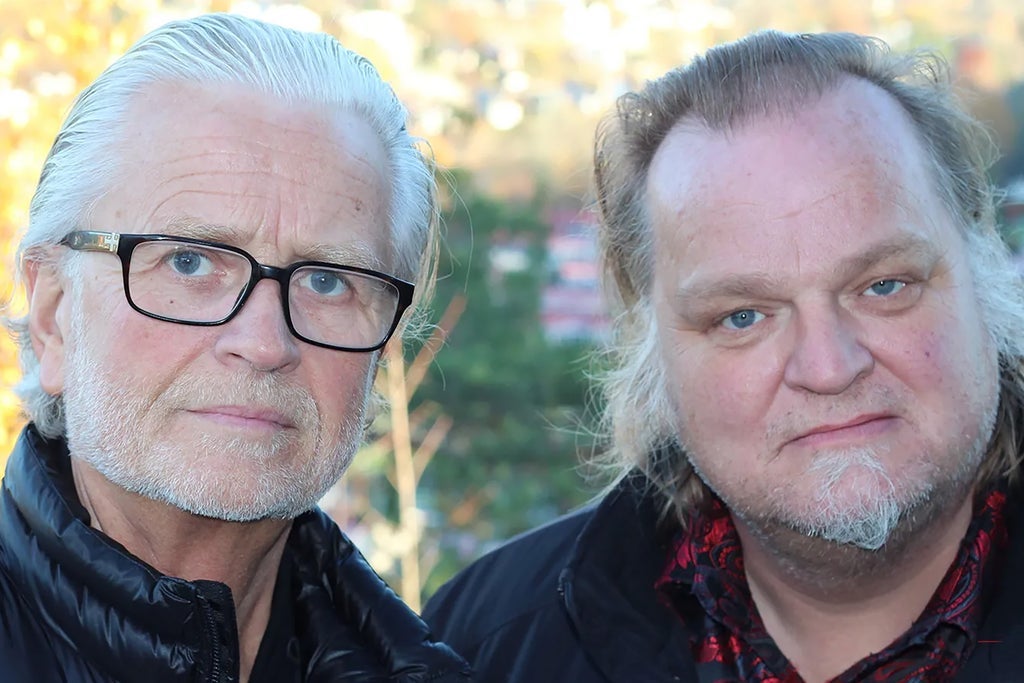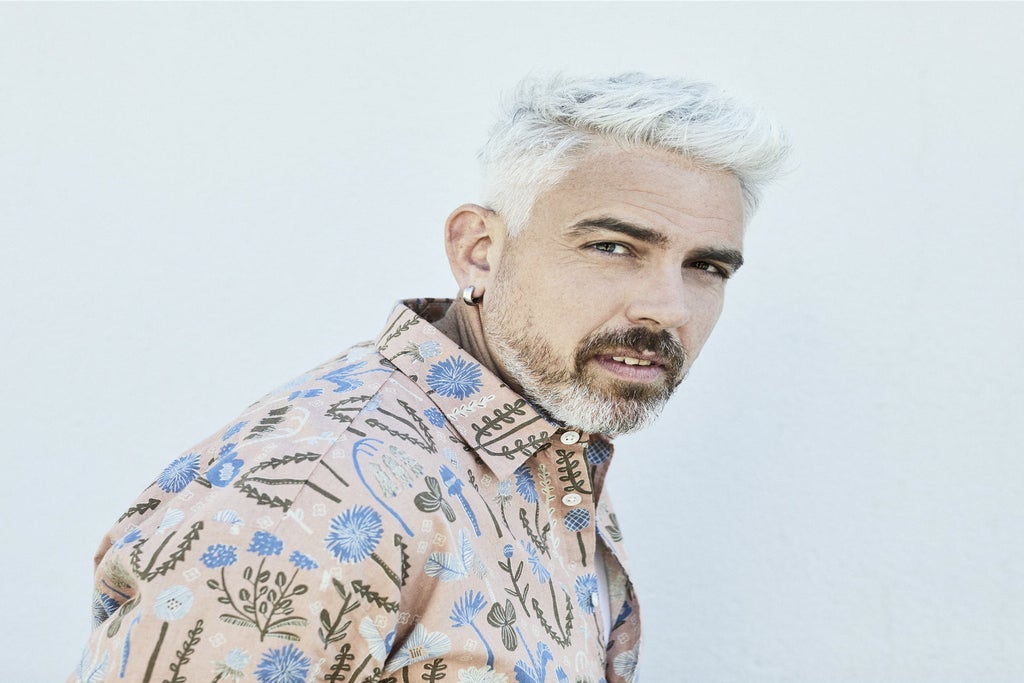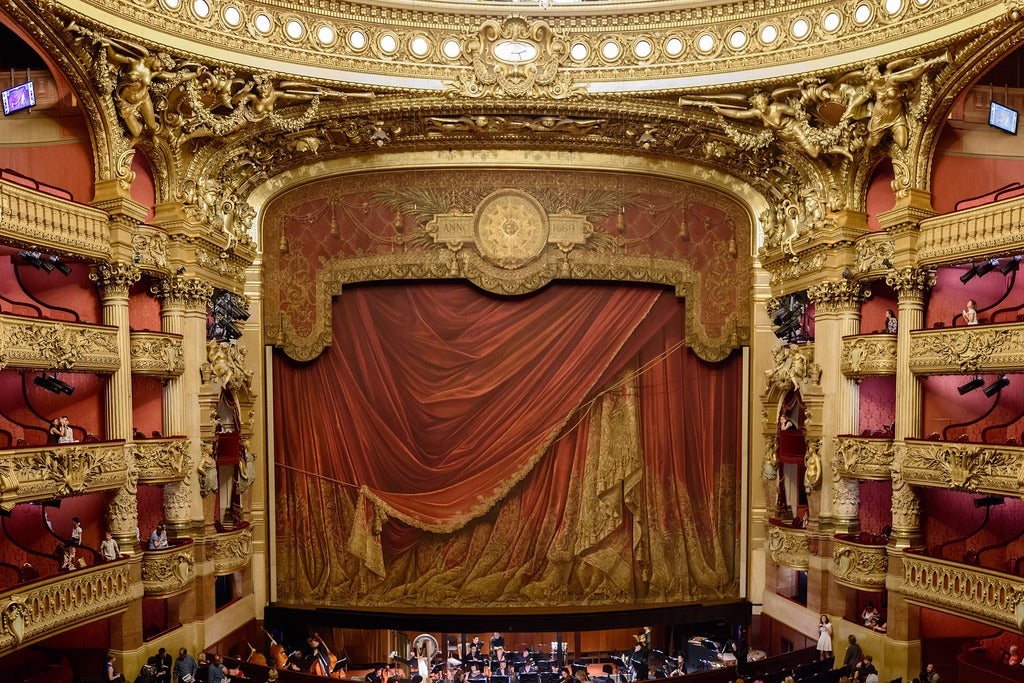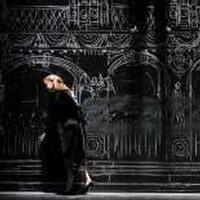Simplicity, truth and naturalness: these, according to Gluck, are the eternal attributes of beauty and the ultimate goal to which he aspired. "Alceste must not merely please us now while she is still a novelty. She must be timeless. I maintain that it will still delight in two hundred years' time, if the French language remains unchanged, and the reason is that I have built my foundations upon Nature, and Nature is not subject to fashion." To a considerable extent, the strength of Gluck's opera lies not so much in the splendour of his music as in his highly personal use of language and it is thanks to the enduring essence of language that Alceste has stood the test of time. The French of François du Roullet, Gluck's librettist, although no more an everyday language in the 18th century than it is today, is an ideal language. Whilst assuming a physical reality in words and intonation, the language of Alceste also takes wing with a sense of prodigious and timeless ceremony.
Véronique Gens takes on the unique role under the baguette of Marc Minkowski in a production by Olivier Py.
Cast and Creative team for Alceste at Opéra national de Paris - Opéra Bastille
Sébastien Rouland (20, 23, 25 juin) Conductor
Olivier Py Stage director
Pierre-André Weitz Sets and costumes
Bertrand Killy Lighting
Stanislas de Barbeyrac
Admète
Véronique Gens
Alceste
Stéphane Degout
Le Grand Prêtre d’Apollon
NN
Evandre, Coryphée ténor
Tomislav Lavoie
Un Hérault d’armes, Apollon, Coryphée basse
Franck Ferrari
Hercule
Chiara Skerath
Coryphée soprano
Manuel Nuñez Camelino
Coryphée alto
François Lis
L’Oracle, Une Divinité infernale
Videos

|
BENCHED
Rødovre Teaterforening - Viften (3/13 - 3/13) | |

|
Kleive & Reiersrud
Flekkefjord Kirke (4/26 - 4/26) | |

|
Dödlig Duett 1931
Aspenäs Herrgård (10/4 - 11/15) | |

|
Velká muzikálová show
O2 universum (10/7 - 10/7) | |

|
AVATAR: THE LAST AIRBENDER IN CONCERT
Oslo Spektrum (3/18 - 3/18) | |

|
TRYGVE SKAUG-#alltidpåtour
Brygga Kultursal (3/14 - 3/14) | |

|
ROMEO ET JULIETTE
LA COUPOLE (4/4 - 4/4) | |
| VIEW SHOWS ADD A SHOW | ||
Recommended For You



